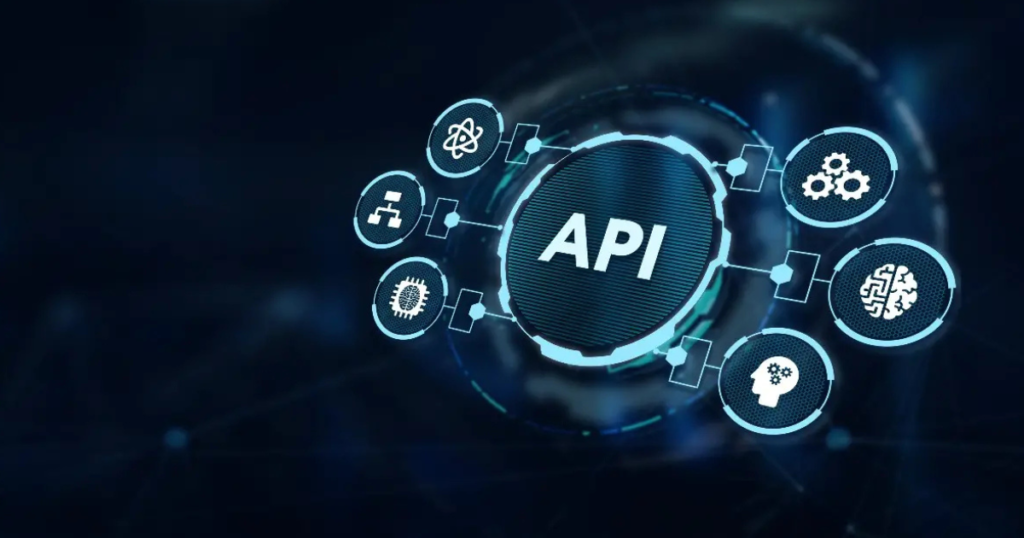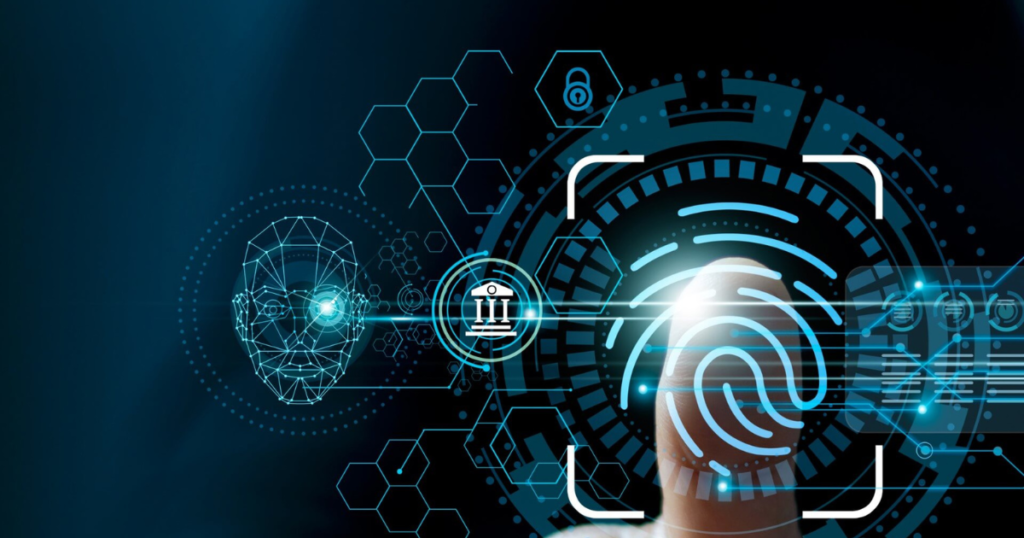The financial technology (FinTech) industry has revolutionized the way we conduct financial transactions, offering convenience, efficiency, and accessibility. From mobile banking and digital wallets to cryptocurrency exchanges and robo-advisors, FinTech has transformed global financial services. However, with these advancements come significant cybersecurity challenges. Cybercriminals continuously target FinTech platforms to exploit vulnerabilities, steal sensitive data, and compromise digital transactions. This article explores the key cybersecurity threats facing the FinTech industry and the measures required to protect digital transactions in the financial world.
Understanding Cybersecurity in FinTech
1. What Is FinTech?
FinTech refers to the use of technology to enhance financial services, including online banking, peer-to-peer lending, blockchain technology, and artificial intelligence (AI)-driven financial management. It enables faster transactions, improved customer experience, and greater financial inclusion.
2. Why Is Cybersecurity Critical in FinTech?
Financial transactions involve sensitive data such as banking details, credit card information, and personal identification numbers. A security breach in a FinTech platform can lead to financial losses, identity theft, regulatory penalties, and a loss of customer trust.
Key Cybersecurity Threats in FinTech
1. Phishing Attacks
Cybercriminals use phishing emails and fake websites to trick users into providing login credentials or financial information. These attacks often lead to unauthorized access to banking accounts and payment platforms.
2. Ransomware and Malware Attacks
Ransomware encrypts a victim’s data and demands payment for its release, while malware can infiltrate financial systems to steal sensitive information. FinTech companies are prime targets for such attacks due to the value of the data they store.
3. Data Breaches
Hackers target FinTech platforms to gain access to large amounts of personal and financial data. A single data breach can compromise millions of user accounts, leading to massive financial and reputational damage.
4. Insider Threats
Employees, contractors, or partners with access to financial systems may intentionally or unintentionally expose sensitive data. Insider threats can be more difficult to detect than external attacks.
5. API Security Vulnerabilities

FinTech applications often rely on Application Programming Interfaces (APIs) to connect with banks, payment processors, and other financial institutions. Poorly secured APIs can be exploited by hackers to gain unauthorized access to financial data.
6. Identity Theft and Account Takeover Fraud
Cybercriminals use stolen credentials to impersonate users and gain access to their financial accounts. Account takeovers can lead to unauthorized transactions and significant financial losses.
7. Distributed Denial-of-Service (DDoS) Attacks
DDoS attacks overwhelm FinTech platforms with excessive traffic, disrupting operations and preventing legitimate users from accessing services. These attacks can cause downtime, financial losses, and reputational harm.
Strategies for Enhancing FinTech Cybersecurity
1. Implement Strong Encryption Protocols
End-to-end encryption ensures that sensitive financial data remains secure during transactions. Advanced encryption standards (AES) and Transport Layer Security (TLS) protect data from interception by cybercriminals.
2. Multi-Factor Authentication (MFA)
MFA adds an extra layer of security by requiring users to verify their identity using multiple authentication methods, such as passwords, biometric scans, or one-time passcodes.
3. AI and Machine Learning for Fraud Detection
Artificial intelligence and machine learning analyze transaction patterns to detect fraudulent activities in real time. These technologies help prevent fraud before it impacts users.
4. Secure API Management
FinTech companies must implement API security measures such as authentication tokens, rate limiting, and regular security audits to prevent unauthorized access to financial data.
5. Regular Security Audits and Penetration Testing
Conducting regular security assessments helps identify and address vulnerabilities before they can be exploited by attackers. Ethical hackers can simulate cyberattacks to test a system’s defenses.
6. Compliance with Regulatory Standards
FinTech companies must adhere to financial regulations such as the General Data Protection Regulation (GDPR), Payment Card Industry Data Security Standard (PCI DSS), and Anti-Money Laundering (AML) laws to ensure data protection and legal compliance.
7. Employee Training and Awareness Programs
Human error is a leading cause of cybersecurity incidents. Regular cybersecurity training helps employees recognize and prevent phishing attacks, insider threats, and other security risks.
8. Blockchain for Secure Transactions
Blockchain technology offers decentralized, tamper-resistant transaction records, reducing the risk of fraud and enhancing transparency in financial transactions.
The Future of Cybersecurity in FinTech
1. Biometric Authentication

The adoption of biometric authentication, such as fingerprint scanning and facial recognition, enhances security by reducing reliance on passwords and increasing user verification accuracy.
2. Zero Trust Security Model
The Zero Trust approach ensures that no user or device is automatically trusted, requiring continuous authentication and strict access control policies to protect financial data.
3. Quantum Cryptography
As quantum computing advances, traditional encryption methods may become vulnerable. Quantum cryptography offers highly secure encryption techniques that can withstand quantum cyber threats.
4. Decentralized Finance (DeFi) Security
DeFi platforms, which operate without traditional financial intermediaries, must adopt robust security measures to prevent smart contract vulnerabilities, hacks, and fraud.
5. AI-Driven Cyber Threat Intelligence
AI-powered cybersecurity tools will continue to evolve, providing real-time threat intelligence and automated responses to cyber threats in the FinTech sector.
Also Read: 5G Network Security: Protecting The Next Generation Of Connectivity
Conclusion
Cybersecurity in FinTech is crucial to ensuring the safety of digital transactions and protecting users from cyber threats. As financial technology continues to evolve, so do the tactics of cybercriminals. FinTech companies must implement advanced security measures, including encryption, multi-factor authentication, AI-driven fraud detection, and blockchain technology, to safeguard financial data. By staying ahead of emerging threats and complying with regulatory standards, FinTech firms can build trust, enhance security, and ensure the continued growth of digital finance.
FAQs
1. Why is cybersecurity important in FinTech?
Cybersecurity is essential in FinTech to protect sensitive financial data, prevent fraud, and ensure the integrity of digital transactions. A security breach can lead to financial losses and reputational damage.
2. How can users protect themselves when using FinTech applications?
Users should enable multi-factor authentication, avoid clicking on suspicious links, use strong passwords, and keep their financial apps updated to reduce cybersecurity risks.
3. What role does AI play in FinTech security?
AI helps detect and prevent fraudulent transactions by analyzing user behavior and identifying suspicious activities in real time, enhancing overall security.
4. Are blockchain-based FinTech solutions more secure?
Blockchain technology provides a decentralized and tamper-resistant ledger, making financial transactions more secure and transparent. However, smart contract vulnerabilities can still pose risks.
5. What future trends will shape FinTech cybersecurity?
Future trends include biometric authentication, quantum cryptography, AI-driven cyber threat intelligence, and the Zero Trust security model, all of which will enhance FinTech security.

